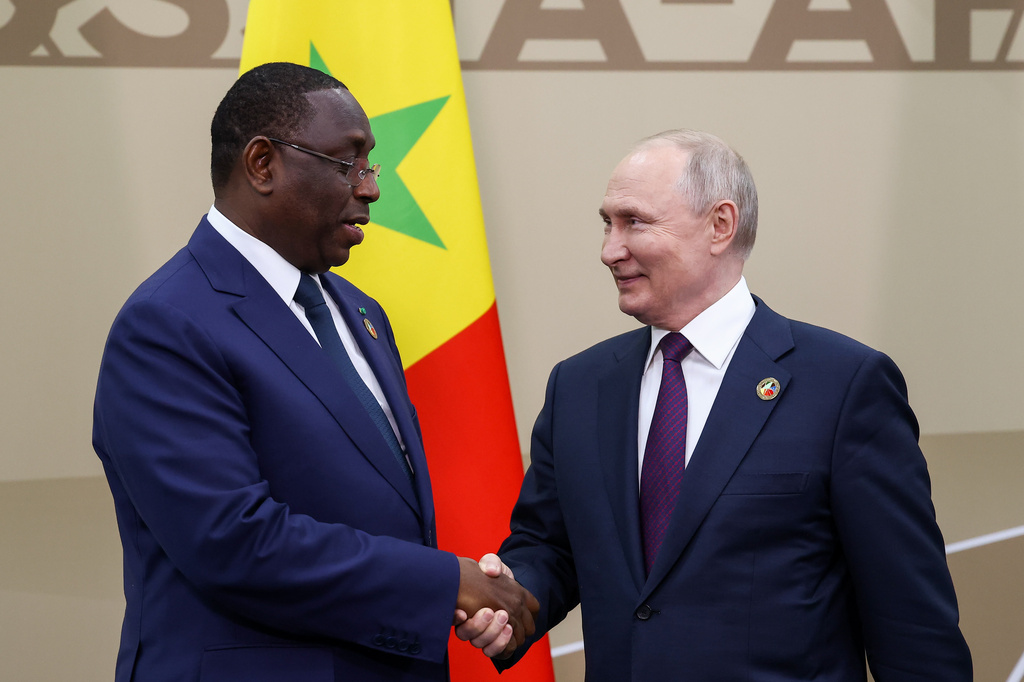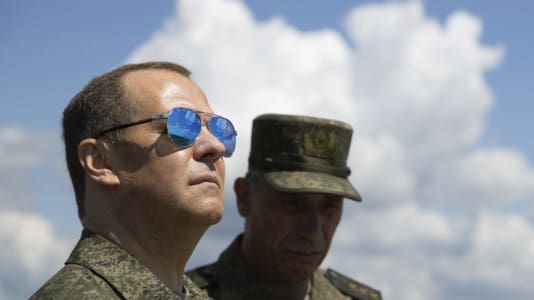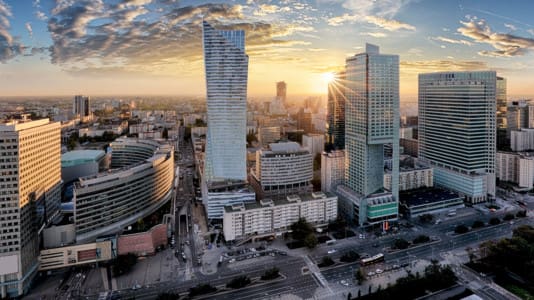Africa is once again a battleground for influence between the West, Russia and China. Russia needs political support from Africa, or at least it needs key African nations to stay neutral in the conflict with Ukraine and opposed to sanctions from the West.
Major African states such as South Africa, Ethiopia, Algeria, Angola and Senegal have abstained on UN resolutions condemning Russian aggression in Ukraine. However, recent events such as the ending of the grain deal and Prigozhin’s coup in Russia have undermined Russia’s image in Africa.
The Wagner Group was important in securing Russian influence in Libya, Mali, Sudan, Central African Republic, Algeria, Uganda, Angola, Rwanda and even Egypt. Putin’s absence at the BRICS summit in South Africa has shown that the International Criminal Court (ICC) warrant has also thrown a dark shadow over Putin’s foreign travels.
In Saint-Petersburg, 38 out of 54 African heads of state failed to show up at the summit with Russia. Another 10 just sent their prime ministers, and nearly half of the participants were represented by delegations at a far lower diplomatic level. Five African states refused to participate in any way whatsoever.
However, this does not mean Russia is losing influence in Africa. It just means that Africa is not going to put all of its eggs in one Russian basket and still wants dialogue with the West.
Russia’s charm offensive is still going strong. It has promised to reopen embassies and consulates, where it has previously closed them in Africa. This is a clear signal that the Boris Yeltsin pivot away from Africa is coming to an end. Russia is now active in Africa and ready to invest in gas pipelines on that continent, but its economic influence is still not great when compared with China or even a country like France. Its exports to Africa are just 10 percent of the volume of trade Africa has with China and half of the trade between France and Africa.
A similar picture emerges with regard to foreign direct investment (FDI), where the British and French do far more than Russia, and the dominant investor is now China. It is the lack of Russian economic clout that implies it has to concentrate on diplomacy and military power. This is where the arms trade and the Wagner Group come in. Uganda and Algeria import 70 percent of their arms from Russia, and Russia’s mercenaries are stationed in the countries of the Sahel.
Still, economics is never out of the picture. Africa’s reserves of coal, oil and gas mean the continent is becoming an important energy player. According to OPEC, Africa will double its gas output by the end of the next decade. Even more important are the reserves of precious minerals such as cobalt, lithium, iron ore, gold, diamonds, platinum and bauxite. Russia’s military and diplomatic efforts are targeted at Russia getting its slice of the pie of these valuable resources.
That’s why such a complex and multilevel game is being played for influence in Africa, in which Europe has to catch up after years of neglect, Russia has to fight to maintain its position, and China, maneuvering between these sides, is gradually gaining new territories.






